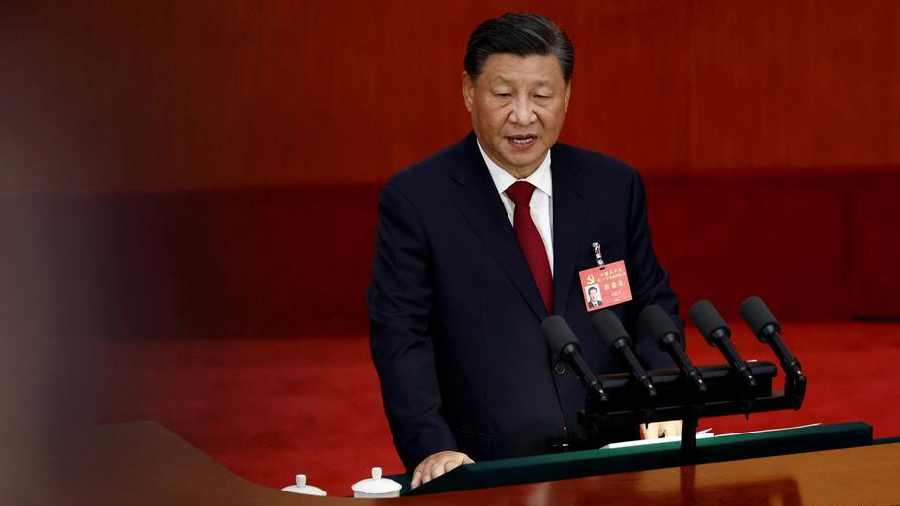As the Chinese Communist Party wound up its Congress last weekend, the world was gripped by a brief video that showed men escorting the former president, Hu Jintao, out of the conclave auditorium, seemingly against his will. It is entirely possible that, as Chinese State media have claimed, Hu was unwell and yet had wanted to attend the Congress proceedings. While we may never conclusively know exactly what happened before the world’s cameras that day, his departure captured China’s present moment and the future that its president, Xi Jinping, is shaping. Xi, who nodded in acknowledgement as Hu said something to him while being taken away, has emerged from the Congress with greater power concentrated in his hands than any Chinese leader has had since Deng Xiaoping in the 1980s. Some analysts argue he is even more powerful than Deng was at his peak, and second only to communist China’s founding father, Mao Zedong. But for the world, as important as Xi’s power is the signal he sent in the selection of his top team. Xi has cast aside all of China’s seasoned leaders who viewed an open, global economic order as the country’s best chance at prosperity. Hu, under whom China’s economy grew much faster than it has under Xi, hasn’t had much power for years. Now he can’t even attend meetings if the party leadership doesn’t think he should be there. Li Keqiang, the outgoing premier and Hu’s protégé, will be gone by March. Wang Yang, once a rising star in the CCP who had led the country’s wealthiest province, Guangdong, has also been removed from the party’s top bodies. Instead, Xi has stacked the party’s Politburo Standing Committee and the Politburo — the CCP’s two most-powerful bodies — with loyalists who directly owe their political careers to him and have neither the stature nor the independence to act as checks against the Chinese president’s nationalist economic impulses.
Over the past few years, Xi has targeted his country’s robust private sector industries— from tech to education to real estate — insisting that they bend to the party just at the moment when they were beginning to challenge the West’s hegemony over innovation. He now has a team seemingly primed to double down on that strategy — one that moves away from globalisation and instead focuses on China’s large domestic market.
That is worrying for the world because it comes at a time when the United States of America is also moving in a similar direction. President Joe Biden might talk big about how the US is back to its traditional role as a global leader, but his economic policies reek of the same protectionism that marked the plans of his predecessor, Donald Trump. His latest economic salvo against China — major sanctions and restrictions on the sale of semi conductors to the world’s second-largest economy — is meant to hobble Beijing’s ability to develop high-tech sectors that depend on sophisticated chips. China will view this as a direct and existential threat to its future. Since the world imports Chinese products, the US, by denying Beijing input materials for that tech, is also forcing global consumers to move away from China. Interestingly, moves that are viewed as tough against China enjoy strong bipartisan support in the US even if almost every other issue divides that nation. In effect, the economic and technological decoupling of the US and China, which has been underway for the past five years, has gained even further momentum in recent weeks, with Washington’s sanctions and Xi’s new mandate.
If history is any guide, tensions between two big powers rarely stay limited to any one or two domains once the countries stop trying to build bridges and embark on policies designed to burn down those that exist. The Cold War left countries around the world — from Angola to Cambodia —charred through proxy battles. We don’t yet know what the contours of the US-China battle for supremacy will look like. But both Xi and Biden have blown the bugle. And both believe they can win. It might already be too late to turn back.










